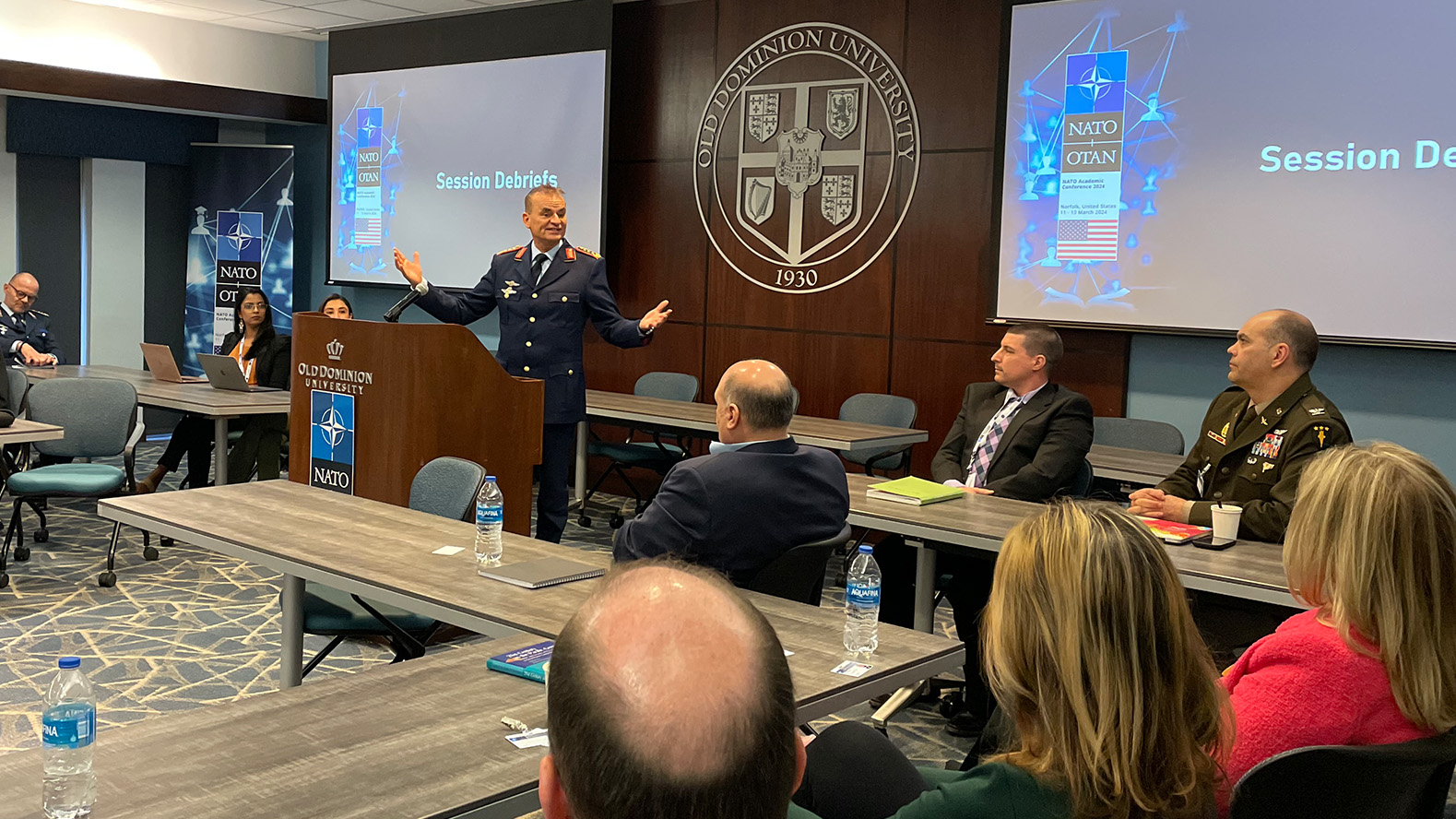Faced with threats from China and Russia, NATO’s command in North America is looking at what fighting a war might be like in 20 years.
The war in Ukraine has been instructive, said General Chris Badia, deputy supreme allied commander for NATO in Norfolk.
“World War One trench warfare, you're seeing there. At the same time, you see high tech. You see drones. You see autonomous systems. You see the use of space. You see how cyber operations are going on,” Badia said. “So it's very much of everything. And this is what, really, what we also foresee for the future.”
Though according to Badia, an attack on a NATO member would have triggered a higher level of response.
“Let me make that absolutely clear from a NATO perspective. Of course, if NATO would have to take on a conflict or war like that one, NATO would fight it totally differently,” he said.
With Sweden officially joining last week, NATO now has 32 members. Along with Finland, which joined last year, the 75-year-old alliance gains two additional militaries, but there is a political dimension.
“The signal that those nations are sending, that they see how the world has changed, what the challenges are, and that they are, from their national perspective, are convinced they are better within an alliance like NATO, " Badia said.
NATO’s North American command in Norfolk is responsible for tackling future threats. This is the first time the NATO Academic Conference has been held in Norfolk, at Old Dominion, said Dr. Vlasta Zekulic, head of Strategic Issues and Engagements for NATO in North America.
Representatives from universities and think tanks discussed whether the alliance is too big to be effective — and also whether it needs more relationships in places like Africa if it is going to stay relevant into the future.
“We unpacked what actually our partnering means. How can we become better partner — to industry, to academia, to partner nations, to different organizations?” she said.
The discussion will be turned into a series of papers for the NATO Summit in Washington DC in July, Zekulic said.

